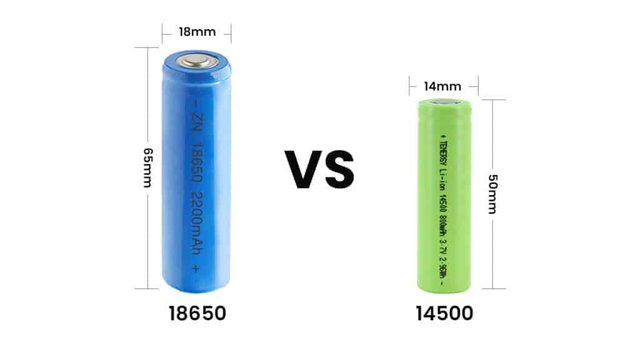Transitioning to Lithium-Ion Batteries for a Sustainable Future
Welcome to the age of sustainability and innovation! As we strive towards a greener future, one technology has emerged as a frontrunner in powering our world with efficiency and eco-friendliness: lithium-ion batteries. These small but mighty powerhouses are revolutionizing the way we store and use energy, bringing us closer to achieving a sustainable tomorrow. In this blog post, we will delve into the fascinating world of lithium-ion batteries, exploring their advantages, disadvantages, and how they are shaping the future of renewable energy. So fasten your seatbelts as we embark on an electrifying journey towards a cleaner planet!
What are lithium-ion batteries?
What exactly are lithium-ion batteries? Well, let’s break it down. At their core, these batteries consist of two electrodes – a positively charged cathode and a negatively charged anode. The magic happens in between these electrodes with the help of a lithium-based electrolyte.
One key feature that sets lithium-ion batteries apart is their lightweight and compact nature. This makes them highly versatile and suitable for use in various applications such as smartphones, laptops, electric vehicles (EVs), and even renewable energy storage systems.

Lithium-ion batteries also boast an impressive energy density, meaning they can store a significant amount of power within a small space. This is crucial for portable devices where size matters. Additionally, they have low self-discharge rates compared to other battery types, allowing them to retain stored energy for longer periods without needing frequent recharges.
Another advantage of lithium-ion batteries is their ability to be recharged hundreds or even thousands of times before experiencing significant capacity degradation. This not only saves money but also reduces waste by prolonging the lifespan of the battery.
However, like any technology, there are downsides to consider as well. Lithium-ion batteries are sensitive to high temperatures and can suffer from performance issues or even safety concerns if exposed to extreme heat or overcharging conditions. Furthermore, the extraction and production processes associated with obtaining raw materials for these batteries can have environmental impacts.
Despite these challenges, researchers and manufacturers continue working tirelessly towards enhancing the performance and sustainability aspects of lithium-ion batteries through advancements in electrode materials and recycling methods.
In our next blog section on “Advantages of Lithium-Ion Batteries,” we will dive deeper into why this technology holds so much promise for our sustainable future! So stay tuned!
Advantages of lithium-ion batteries
Advantages of Lithium-Ion Batteries
Lithium-ion batteries have emerged as a game-changer in the world of energy storage. These powerful and efficient batteries offer several advantages that make them an ideal choice for a sustainable future.
One of the major advantages of lithium-ion batteries is their high energy density. This means that they can store a significant amount of energy in a compact size, making them perfect for portable devices like smartphones and laptops. With their lightweight design, lithium-ion batteries allow us to carry our essential gadgets with ease.
These batteries boast long cycle life. Unlike traditional lead-acid or nickel-cadmium batteries, lithium-ion batteries can be recharged hundreds or even thousands of times without losing capacity. This not only saves money but also reduces waste and environmental impact.
Additionally, lithium-ion batteries charge quickly compared to other battery technologies. With fast charging capabilities, we no longer need to wait hours for our devices to power up fully. This convenience makes it easier than ever to stay connected and productive on the go.
Furthermore, lithium-ion batteries are known for their low self-discharge rate. They retain their charge when not in use, which means you won’t experience significant power loss over time if you don’t use your device frequently.
Another advantage worth mentioning is that lithium-ion technology has paved the way for electric vehicles (EVs) to become more practical and mainstream. The higher energy density allows EVs to achieve longer ranges on a single charge while maintaining performance standards.
Let’s not forget about the environmental benefits offered by lithium-ion batteries. By transitioning from fossil fuel-powered devices to those powered by clean energy stored in these rechargeable cells, we can significantly reduce greenhouse gas emissions that contribute to climate change.
In conclusion,
The widespread adoption of lithium-ion battery technology holds immense potential for creating a greener future across various industries—from consumer electronics to renewable energy storage solutions and electric transportation.